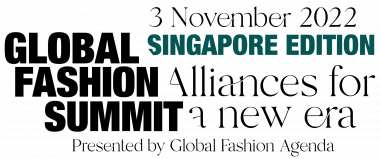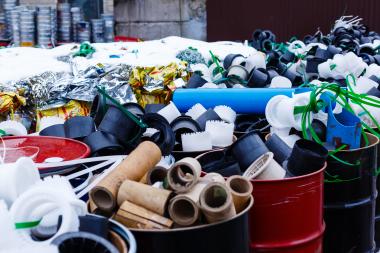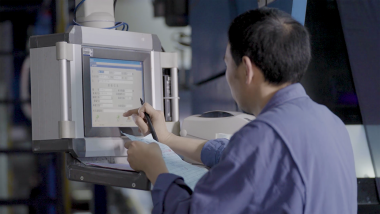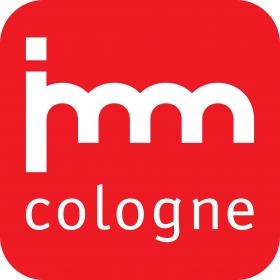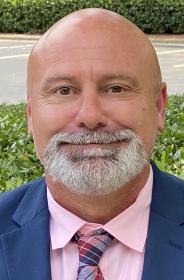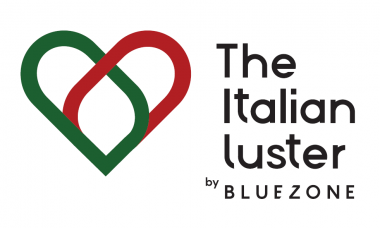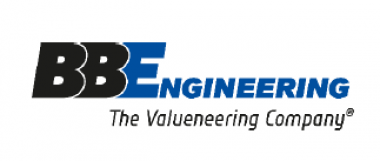ISTANBUL FASHION CONNECTION, August 2022 - Final Report
15,493 visitors from 107 countries attended the second Istanbul Fashion Connection. Over 300 companies showed their collections on more than 15,000 square meters of exhibition space and provided information about their creative collections and their production capacities in the areas of womenswear, menswear, kidswear, denim, shoes, leather and fur, lingerie and sportswear.
There was busy business activity, the ideal near shore capacities combined with the range of fashion collections experienced great demand. Istanbul Fashion Connection was a meeting point with the opportunity for a face-to-face meeting on a common platform. All trade channels were represented at the fair, from large shopping malls and department store groups to wholesalers, international retail chains, multi-brand boutiques and online platforms.
The global turkish exports in the first half of this year amounted to US$ 12.4 billion, which corresponds to an annual growth of 11.6%. In the EU alone, the total for this period is US$7.7 billion, a growth of 14.7%. Mustafa Gültepe, President of the Turkish Exporters Assembly and IHKIB, announced that ready-to-wear exports are to be increased to $40 billion in the medium term.
The organizers are expecting over 600 companies to attend next IFCO. The exhibitors for the sourcing area will take part in a separate hall. Leading companies have already registered with the association for this. Lingerie and bridal/evening wear will also be shown in their own hall, which seasonally only presents itself once a year in Turkey.
The participation of international fashion companies is encouraged, for which IFCO provides the springboard into the Eastern European market.
JANDALI






